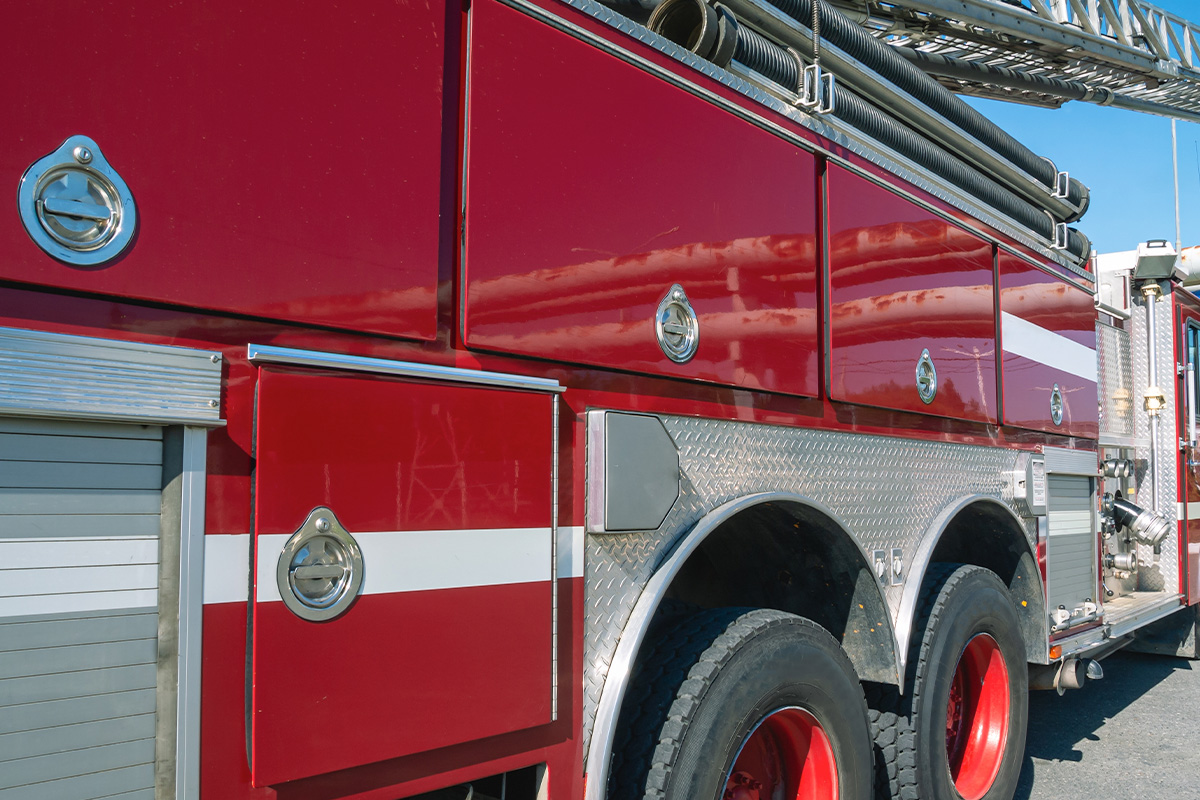
Fire incident accountability is essential in emergency management to ensure safety, streamline response efforts, and learn from each event. Every emergency—whether a large-scale wildfire or a small structural fire—demands clear, responsible action from everyone involved. Accountability in fire incidents goes beyond simply following protocols; it requires intentional tracking of personnel, resources, and decisions, which can be the difference between life and death.
Firstly, accountability is critical in ensuring firefighter safety. During a fire, conditions can change rapidly, and tracking every responder’s location, health status, and role is essential. Accountability systems, such as PAR (Personnel Accountability Report), provide real-time tracking of personnel in high-risk areas, reducing the chances of individuals becoming lost or injured. Knowing each team member’s location helps in efficiently executing evacuation or rescue operations if conditions deteriorate. It also provides peace of mind to the firefighters themselves, who know their safety is prioritized, and their actions are supported.
In addition, accountability in fire incidents improves the effectiveness of resource allocation and decision-making. With clear records of where resources are deployed, command staff can assess needs and allocate equipment and personnel to areas requiring immediate attention. For instance, if certain areas are under-resourced during a wildfire, accountability measures allow command to make quick adjustments, sending additional support to where it’s needed most. This ensures that efforts are coordinated and helps prevent overburdening specific teams, creating a more efficient and effective response.
Moreover, fire incident accountability has a profound impact on post-incident evaluations and community trust. By tracking actions and outcomes, organizations can review their response to improve future operations. Detailed records allow for a comprehensive after-action review, which identifies what worked and what didn’t, laying the foundation for training and procedural changes. These insights ensure that each incident contributes to a learning curve, enhancing preparedness for future events. Additionally, accountability builds public trust, as communities know that responders are dedicated to transparency and improvement.
Fire incident accountability, therefore, is not only a matter of operational necessity but a cornerstone of ethical and efficient emergency response. It protects those on the front lines, ensures resources are managed effectively, and promotes continuous learning, creating a safer environment for responders and the public alike. By implementing accountability measures at every level, from local departments to national agencies, we can ensure that every incident is met with the professionalism, responsibility, and readiness it deserves.
